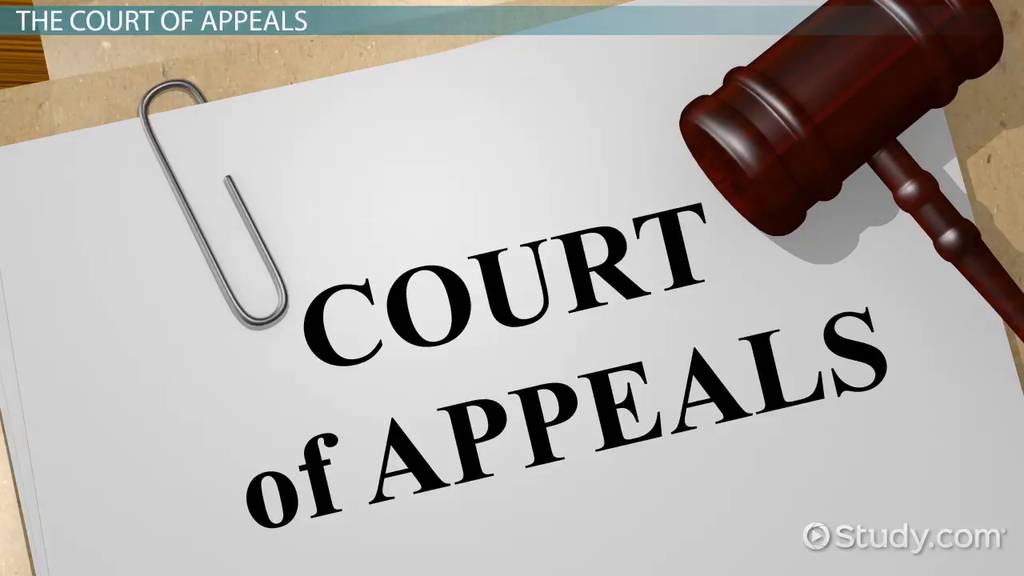
Week 16 | General Provisions relating to Appeals
General Provisions relating to Appeals (Section 107,108)
Reference to High Court (Section 113; Order 46)
Nature and scope
A court subordinate to the High Court is empowered to refer the case under Section 113. The court in relation to Section 113 means a court having Original Civil Jurisdiction. A reference can be made only when there is a question of law or validity of any Act or Ordinance or of any provision of the Act is involved and can be sought only in a pending suit, appeal, or other proceedings. Section 115 deals with revision. It empowers the High Court to call for the record of any case decided by a court subordinate to it.
Conditions
Where any matter involving a substantial question of law is referred by the subordinate court to the High Court for its opinion upon that matter it is known as a reference. According to Section 113, any court can refer the case to the High Court for its opinion and the High Court may then make an order as it deems fit subject to certain conditions and limitations.
Rule 1 Order XLVI for the purpose of reference provides certain conditions and limitations that are needed to be satisfied for the High Court to entertain the reference from the subordinate court. These conditions are given below :
- There should be a pending suit or appeal where the decree is not subject to appeal.
- There must be a question of law or usage having the force of law.
- The Court that is trying the suit or appeal or executing the decree must entertain reasonable doubt on that question of law.
As per proviso to Section 113, the question of law involves questions relating to the validity/provisions of any Act, Ordinance, or Regulation or other questions.
Who may apply?
A subordinate court may refer the case with its own opinion on the point to High Court either on its own motion or; on the application of any of the parties.
In Manager Metro Railway vs M/S. B.C.L. Secure Premises it was ruled that Section 113 is not a provision that enables the High Court to take reference suo moto or to order a reference. It is a provision that enables the subordinate court to refer the case to the High Court.
Power and duty of referring court
To entertain the doubt on the question of law. In Banarsi Yadav vs Krishna Chandra Dass, it was held that a subordinate court may refer a case to the High Court when there is reasonable doubt regarding the constitutional validity of an Act.
Power and duty of the High Court
- To make any order as it thinks fit to when the case is referred to it by the subordinate court.
- Answer or refuse to answer the question in a case and send the case back to the referring court for disposing it.
- To quash the case referred to it.
Article 228 and Section 113
In Ranadeb Choudhuri vs Land Acquisition Judge, the court observed, Section 113 of the Civil Procedure Code is a statutory provision whereas Article 228 is a constitutional provision. Section 113 does not relate to the interpretation of the constitutional provisions but to the question of the validity of an Act. Both Section 113 and Article 228 may relate to a common case but are not coextensive.
It was held in Rama Sundari Devi v. Indu Bhusan Bose that under Section 113 the court, subject to certain conditions, may state and refer the case to the High Court for its opinion and the proviso to this section specifically mentions the case relating to the validity of an Act. Whereas under Article 228, if the High Court is satisfied that a case is pending in a subordinate court that involves the determination of the substantial question of law for the interpretation of the Constitution. The High Court shall withdraw the case and either dispose of the case itself or determine the question of law and return the case to the court from which the case has been withdrawn.
Procedure at hearing
The following procedure has to be followed at the time of hearing:
- As per Rule 1, the court trying the suit or appeal or executing the decree either on its own or on an application of the parties will draw up the statement of facts and point of doubt of the case and pass a decree or order contingent upon the high court on the points referred.
- After hearing the parties the High Court will decide the points so referred. A copy of the judgment along with the signature of the registrar will be transmitted to the referring court as per Rule 3.
- The referring court on receiving the copy will proceed in confirmation with the High Court’s decision to dispose of the case.
- The High Court has been vested with the power under Rule 5 to make such orders and to amend, alter, cancel, set aside any decree or order the referring court has passed or made.
As per Rule 7, In case the question arises as to the jurisdiction of small causes court, a record with the statements of the reasons for doubt will be submitted to the High Court.
Costs
Rule 4 of Order XLVI talks about the costs of reference to the High Court. It says that if any cost is consequent upon a reference for the decision of the High Court, it shall be deemed to be the costs in the case.


